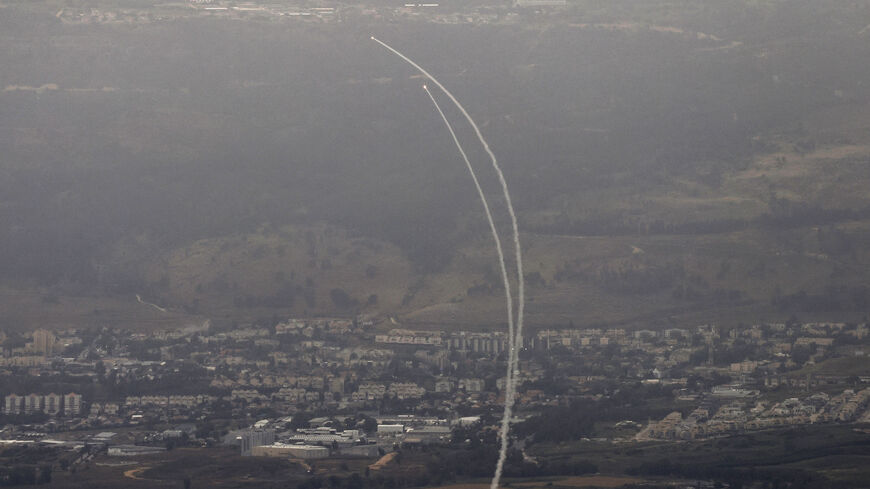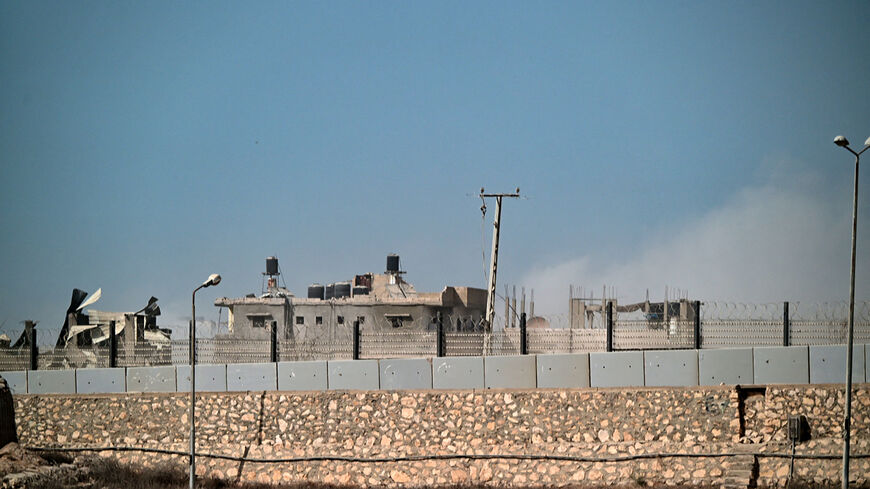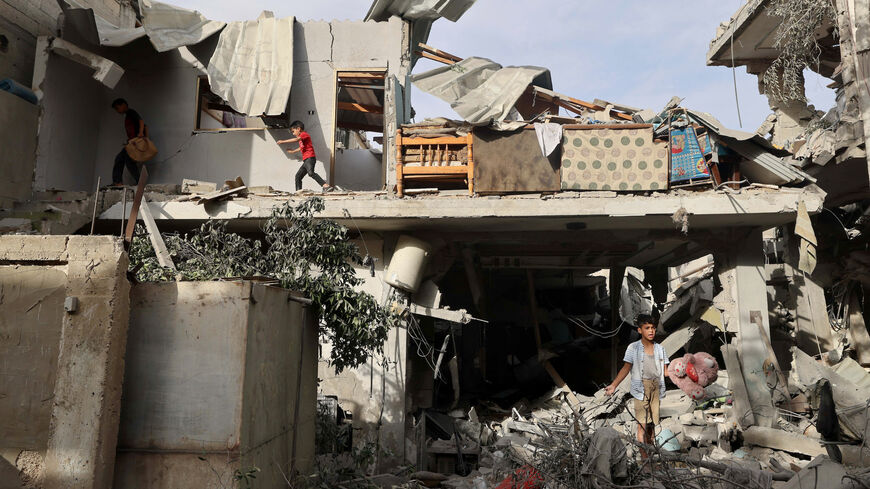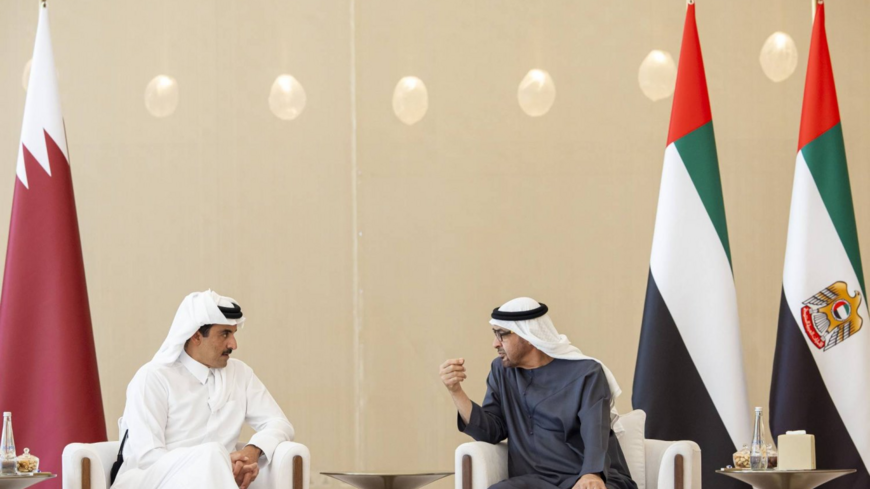Hezbollah, Hamas delegations meet in Beirut as Gaza cease-fire talks resume
Hezbollah hosted a Hamas delegation in Beirut as Gaza cease-fire talks reconvened in Qatar.

BEIRUT — Hezbollah Secretary-General Hassan Nasrallah on Friday hosted a Hamas delegation in Beirut led by Khalil al-Hayya, the group’s deputy leader in Gaza, as Gaza cease-fire talks resumed in Doha.
According to the Hezbollah-affiliated Al-Manar TV, the meeting was held in an undisclosed location in the Lebanese capital where the Lebanese and Palestinian leaders discussed the security situation in Gaza and the region, in particular in Lebanon, Yemen and Iraq.
The two sides also reviewed the latest developments in cease-fire talks on the Israel-Hamas war in Gaza and the most recent proposal put forward to bring that conflict to an end. They also affirmed their ongoing field and political cooperation to achieve their goals, Al-Manar added without providing details.
One day after Hamas launched its unprecedented assault into southern Israel on Oct. 7, Hezbollah began firing rockets from southern Lebanon toward Israel in support of the Palestinian movement. Several other Iranian-backed groups, including Houthi rebels in Yemen and the Islamic Resistance in Iraq, also joined the battle, launching repeated attacks against Israeli and US interests in the region.
In recent weeks, long-running cross-border hostilities between Hezbollah and Israel have intensified, raising the prospect of a full-scale war in Lebanon.
Despite diplomatic efforts led by the United States and France to lower the temperature on the Lebanon-Israel border, Hezbollah insists that it will not end its rocket and drone attacks until a cease-fire is reached in Gaza.
Germany-Hezbollah meetings
Germany has also been reportedly involved in the efforts to end the hostilities on the border.
The local Al-Akhbar paper, which is close to Hezbollah, reported a meeting between German Federal Intelligence Service Deputy Director Ole Diehl and Hezbollah's Deputy Secretary-General Sheikh Naim Qassem in Beirut on Saturday.
According to sources cited by Al-Akhbar, the two discussed the developments in Gaza and south Lebanon.
Diehl reportedly conveyed Israel's intention to return the Israeli settlers that were displaced from the north due to the fighting and to wage war on Hezbollah if needed to achieve this goal.
Qassem responded saying that any cease-fire in south Lebanon is contingent on a cease-fire in Gaza.
The meeting was the second of its kind since October. The two officials had met back in January for similar talks.
Egypt, Qatar and the United States, the mediators leading indirect talks between Hamas and Israel, have been scrambling for weeks to craft an agreement acceptable to the warring parties to bring about a cessation of hostilities in Gaza and the release of Israeli hostages held by Hamas in the enclave.
On Friday, Mossad chief David Barnea traveled to Qatar to meet with Qatari Prime Minister Sheikh Mohammed bin Abdulrahman Al Thani. The meeting comes two days after Hamas presented changes to the current deal proposed by US President Joe Biden last month.
In a statement released late Wednesday, Hamas said its Qatar-based political leader, Ismail Haniyeh, had held talks with Qatari and Egyptian officials about “some ideas” for a potential deal.
Hamas not releasing amendments
On Friday, Mohammed Nazzal, a member of Hamas’ political bureau, told Al Arabiya TV that to ensure the success of the current negotiations, Hamas will not be disclosing details about its requests.
He added that there were “no fundamental amendments” to the cease-fire proposal and stressed that the first phase of any agreement must include a six-week pause in the fighting.
Hamas had previously insisted that any deal must include an end of the war and a full Israeli withdrawal from Gaza.
According to Biden’s proposal, Israel and Hamas would pause fighting for six weeks in the first phase, during which Israeli forces would withdraw from all populated areas in Gaza and allow increased aid flows and the Palestinian militant group would release female, elderly and wounded hostages in return for Israel releasing hundreds of Palestinians held in its jails.
During the third phase, reconstruction in Gaza would begin, and Hamas would return the remains of hostages who died in captivity.






